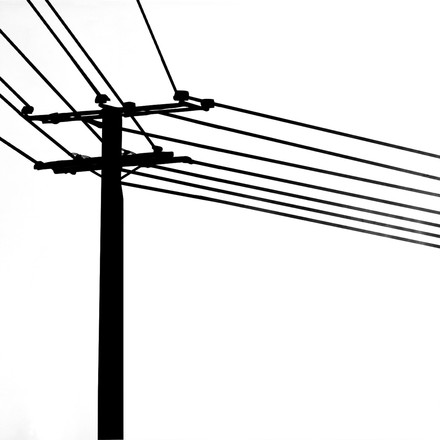PRESS RELEASE
FOR IMMEDIATE RELEASE
CONTACT:
Beverly Walters (708) 447-1547 walterb306@cs.com
Dr. Lora Chamberlain (773) 486-7660 drlora@yahoo.com
Clare Tobin (773) 275-7946 claretobin@yahoo.com
Cindy Greene (773) 504-1580 greenechairprod@aol.com
Charles Paidock (312) 714-7790 cpaidock@hotmail.com
October 31, 2012
"the city’s priority is price which gives an unfair advantage to dirty energy"
Citizens Group Recommends a “No” Vote on City Aggregation Referendum
The grassroots watchdog group, Illinois Citizens to Protect the Public Commons (ICCPC) warns about the long-term consequences of voting to support Mayor Rahm Emmanuel’s binding referendum on the November 6 ballot in Chicago. The question voters are being asked is “Should the city of Chicago have the authority to arrange for the supply of electricity for its residential and small commercial retail customers, who have not opted out of such program”. A simple majority of those voting ”Yes” on the question would empower the city to proceed with its plan.
As part of the Mayor’s rush to educate the public about the proposed referendum, the city has conducted four hearings around the city during the two weeks before the vote. At Tuesday night’s forum at Truman College on the north side, presented by city consultants, The Delta Institute’s Tom Cushing, and Mark Pruitt, former Director of the Illinois Power Agency, explained the city’s vision and process for the plan. Questions from the audience confirmed that the city’s major criteria is based on ‘price” and so the group feels the city’s plan will jeopardize the longer-term sustainable and renewable energy of wind, solar, or geothermal.
“We feel that if the city’s priority is price, then it will be the death knell to the 30 new energy retailers which have come to Illinois to create lots of jobs in renewable energy and give an unfair advantage to dirty energy companies like Constellation Energy a subsidiary of Exelon, whose main electricity comes from nuclear and coal” claims Dr. Lora Chamberlain, coalition member of ICCPC.
Furthermore, if the city gets the approval to proceed, the savings are likely to be short-lived, because the two major suppliers to Illinois residential customers Amiren and ComEd have contracts which will expire in December and May 2013, and their new contracts are likely to offer lower prices to customers. Since 2007 Illinois residents can enter into contracts with alternative energy suppliers and achieve savings on price, and/or greener energy at their choosing.
Clare Tobin, coalition member adds “How can you justify giving the city so much power with so little time being given to the voters to make an informed decision on the consequences“?
Whether the criteria is “price” or creating more “competition” in the electricity market, or the long-term viability of “renewables”, the city’s plan is not worth taking the risk. For these reasons Illinois Coalition to Protect the Public Commons urges Chicagoans to vote “No” on the referendum on November 6th.
# # #


